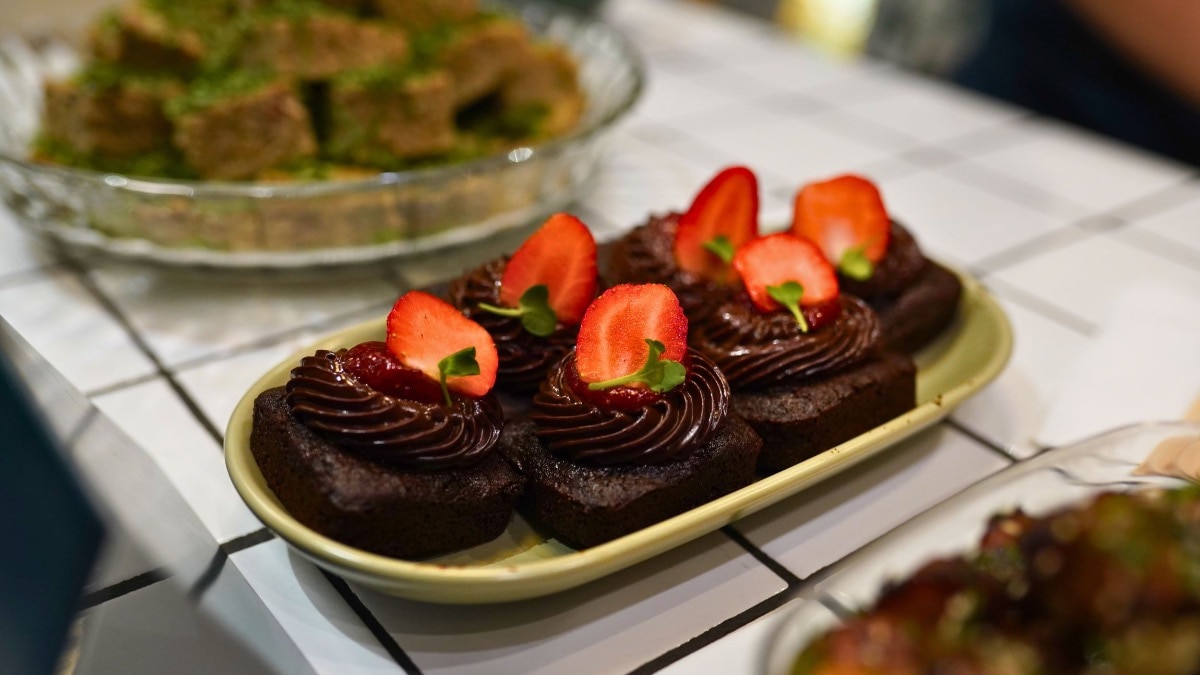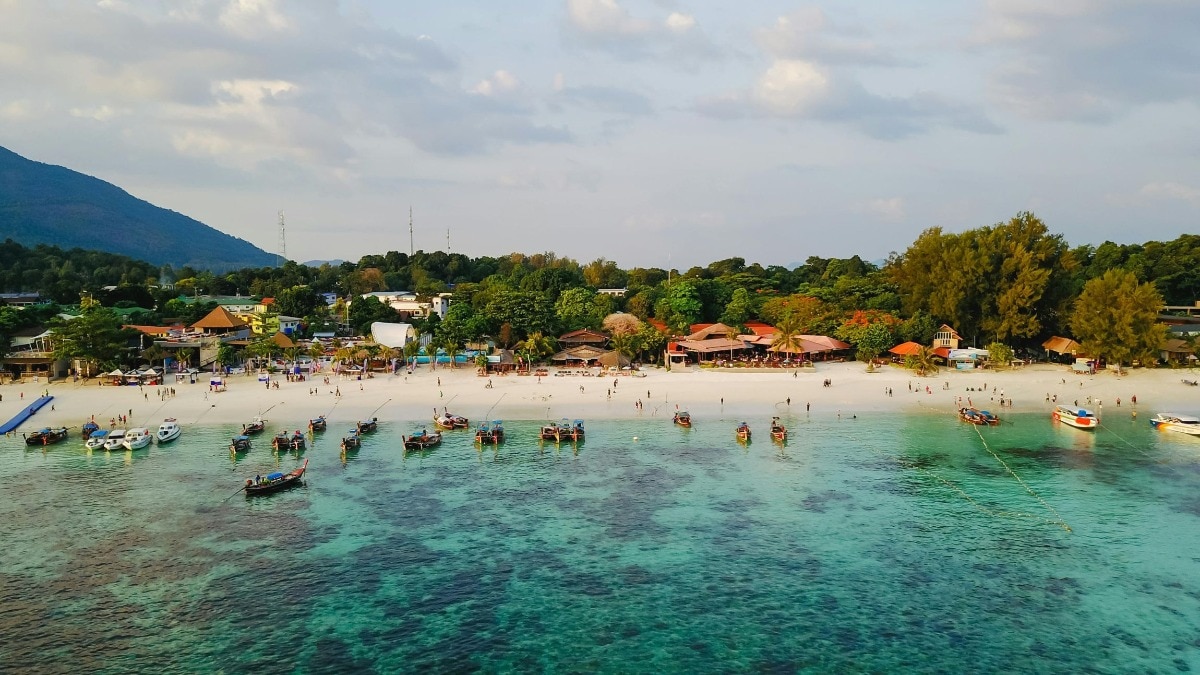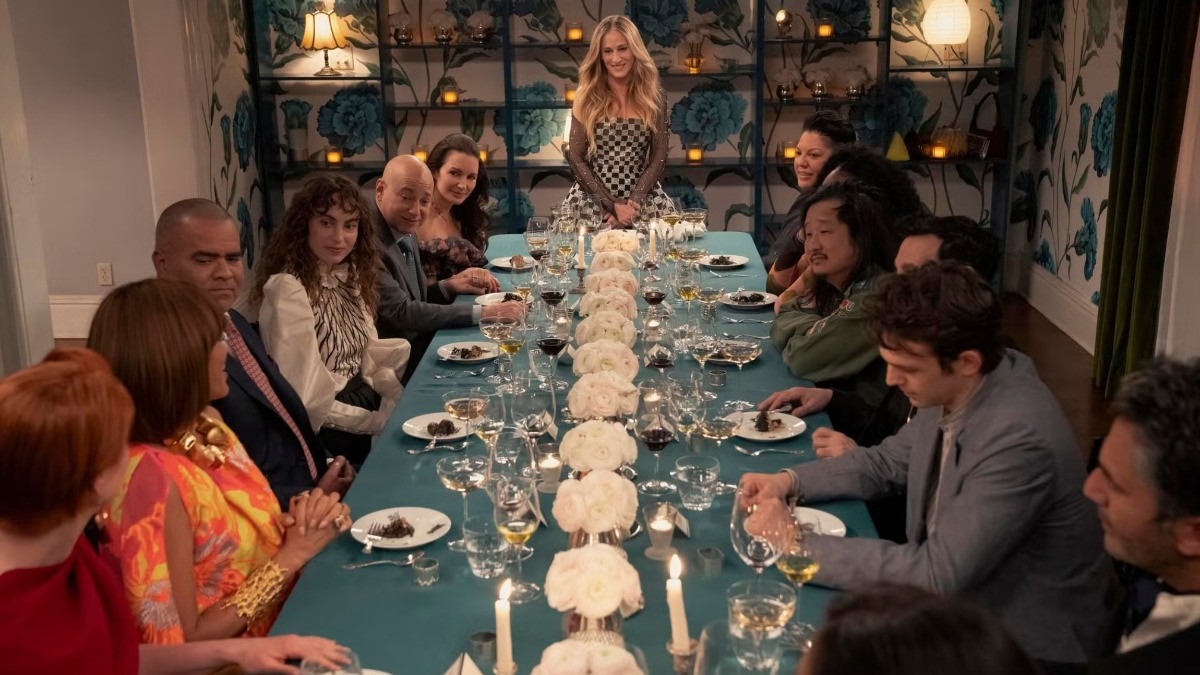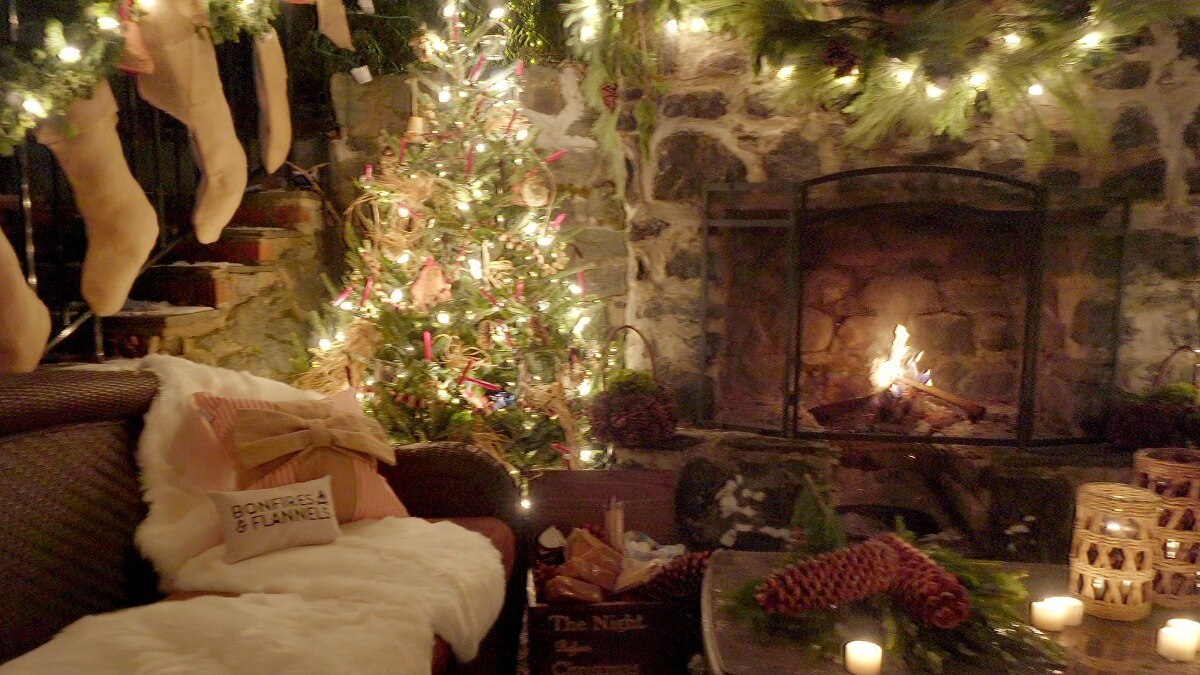
Why family-run estates are proving to be a popular holiday pick for city dwellers
From home-cooked meals to immersive, local experiences, these destinations are appealing to a growing number of people.


Not too long ago, luxury hotel chains were the stay of choice for many city-weary folk looking to get away from the hectic pace of urban life. After all, it’s hard to resist the familiar comfort of a hotel bed, relaxing spa treatments and fine dine cuisine. While that still remains a top pick for many, some things have changed post-pandemic with more and more people looking to reconnect with nature—and simply slow down.
Families who owned homes and estates in rural destinations around the country found themselves staying at their holiday homes for extended periods of time, and with it came the opportunity to offer the same experience to guests looking to savour this unhurried way of living. As a new breed of travellers gravitate towards booking homestays and quaint accommodation, these family-run estates are growing in popularity, thanks to the opportunity of relishing home-cooked meals, enjoying farm-to-table cuisine, and immersing oneself in the local way of life.
For interior designer Shabnam Gupta, who also has her own décor label, Peacock Life, it all started with the idea of creating a homestay on their property in Karjat, near Mumbai, that would help guests cultivate a sense of balance and mindfulness. “During the pandemic, we had to close our stores in Mumbai and move lock, stock and barrel to Karjat. With a décor and furniture store on the same premises, we felt the need to share this little piece of nature with everyone,” she says.

Peacock Life Living is a three-bedroom single storey cottage located on one end of a vast piece of land. Each room has its own distinct individuality, from the dreamy interiors of the moon room to the wildlife-inspired tiger room. Gupta has made generous use of materials such as Kadappa stone, Mangalore tiles, concrete and wood, with a healthy mix of kitschy items from her store. Guests can go horse riding, enjoy nature treks, savour locally-prepared village cuisine, especially thalis made by village women, or simply laze by the pool. “Our lunch thali is a huge favourite with guests. You can choose from a veg, fish or chicken thali. Our ingredients are picked fresh from the market, and our cooks who live in the neighbouring villages put great love in cooking these meals for guests,” Gupta shares.
For Gupta and her husband, bookings have seen a steady increase in recent times. “After a point, the experience of staying in hotels, no matter the location, seems to be a little repetitive and that's where homestays come into the picture, particularly for experienced travellers,” she adds.
Immersed in local living

Savista Retreat is a 12-acre property that offers a compelling getaway from city life. Located in a village on the edge of Jaipur city and also the ancestral home of the owners, Dr. Rishyasringa and his wife, life here is all about slowing down and making the most of nature’s bounty—be it freshly cooked farm-to-fork cuisine, or just unwinding with a book under the shade of a tree.
“Family-run properties offer guests a break from the monotony of hotel-chain hospitality,” Dr. Rishyasringa explains. “As businesses, homestays are integrated with local communities which makes all the experiences offered a lot more authentic.” He goes on to add that at Savista, guests can take a walk around the neighbouring village, interact with the local artisan community, learn about rural crafts such as block printing and even bangle making. “They can apply henna from a local artist and also take camel cart rides around the village.”
The slow life
It’s this very essence of slow living that has got curious travellers to skip cookie-cutter accommodation and book homestays instead, in different offbeat locations around the country.
Further south in Chikmagalur, Karnataka, the scent of coffee beckons at Primrose Villas, another family-owned estate with its vast acres of coffee plantations (nearly 600 acres) and a clutch of glass-walled villas that allow the outdoors to come in. These villas offer scenic views of the mist-covered hills and lush greens that stretch as far as the eye can see. In fact, this organic coffee estate has been in the family for nearly 133 years. Ravi Ramu and his wife Sumitra have painstakingly built their mountain-top home and then opened it to discerning travellers, slowly building the boutique accommodation to what it is today.

Guests can luxuriate in their private dwellings and even soak in the sunshine from their villa garden, with a cup of freshly-brewed coffee. “Before embarking on the construction of what was actually our mountain-top house, we were confident that the location atop our coffee estate was uniquely picturesque and provided city dwellers (including our own family) a pristine environment to unwind in nature,” offers Ravi Ramu, co-owner of Primrose Villas.
He adds that guests love to come visit for leisurely meals by the waterfall, visit the farm where children can interact with cattle, enjoy cosy evening barbecues or bonfires and the signature experience, of course, being guided coffee estate trails. “We have built Primrose Villas as a uniquely customised and owner-driven boutique luxury experience for guests,” Ramu points out.
Perhaps it’s one of the many reasons why family-run estates are a top choice for travellers today.










